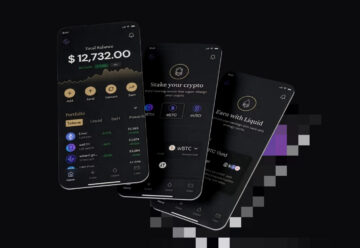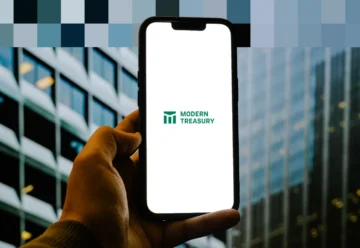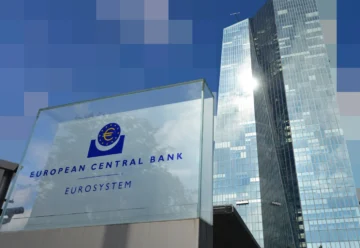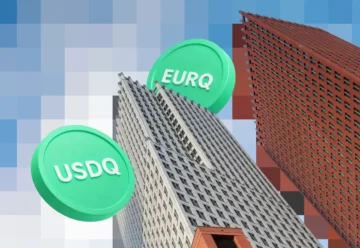OpenSea Returns Royalty Support for ERC-721C Tokens

NFT marketplace OpenSea enabled support for ERC-721C standard tokens that allow NFT issuers to set and enforce royalties.
The OpenSea team announced the launch of an updated version of the Seaport v1.6 trading protocol and introduced the Seaport Hooks concept. Key changes include support for non-fungible tokens (NFT) of the ERC-721C standard. This technology enables the implementation of enforceable royalty conditions that are prescribed at the programming level.
The ERC-721C standard was proposed by Limit Break in May 2023 as an enhancement to the ERC-721 standard on the Ethereum network. The new token standard gives issuers of non-fungible tokens more control and options for customizing their NFT collections, in particular — the ability to programmatically set the level of royalties and implement automatic fulfillment of royalty terms.
The ERC-721C standard is currently compatible with the Ethereum and Polygon blockchains. In addition to OpenSea, it’s available on other trading platforms that support the Limit Break payment processor.
OpenSea includes the ability to issue new ERC-721C NFTs. Owners of already issued tokens can customize the interoperability of smart contracts with the new standard in OpenSea Creator Studio.
Besides, thanks to the standardization of token transfer conditions, one of which is royalty, the ERC-721C standard solves the problem of NFT wash trading in secondary markets. Analysts repeatedly noted the high level of wash trading on the largest NFT marketplaces.
Practical realization of the ERC-721C standard became possible due to the Dencun update. At the end of August 2023, Devin Finzer, Founder and CEO of OpenSea, announced the termination of support for Operator Filter, a tool for monitoring compliance with royalty terms. Its work was to finally cease on February 29, 2024.











